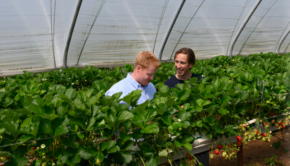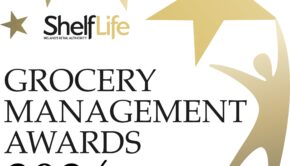Food Drink Ireland launches 10-year industry strategy

Food Drink Ireland, a division of Ibec, has published a new report highlighting the importance of the sector to Ireland's economy, and recommended steps to promote growth in the coming years.
19 November 2019
Ibec group Food Drink Ireland has launched a new report highlighting the importance of the sector to Ireland’s economy, and the main strategic challenges and opportunities policymakers should consider over the next 10 years.
The report makes detailed policy recommendations in the areas of skills, competitiveness, market development, innovation and sustainability. It also highlights that Brexit policy responses must address all scenarios from no deal to the future relationship.
Speaking at the launch of the report, director of Food Drink Ireland, Paul Kelly said that one in eight jobs in the Irish economy are now linked to agri-food and drink. “Sustaining growth for the sector is imperative in sustaining the growth of the wider economy,” he said.
“From a competitive standpoint,” he continued, “Irish infrastructure costs such as labour, energy, waste, environment and other costs are significantly out of step against many of the EU competitor economies in whose markets we wish to compete. Combined with the sharp depreciation of sterling since 2015, there has been a 30% increase in the cost of serving the UK market.”
Some of the recommendations outlined in the Food Drink Ireland report include:
- Increase funding for enterprise-led skills development, open up the Employment Permit system to food processing operatives and increase the focus on automation and digitalisation
- Support an ambitious EU trade agenda that promotes trade both at multilateral and bilateral levels to secure additional market access in strategic growth markets at similar tariff levels to competitors
- Ensure a strong focus on nationally funded research and development and involvement in transnational networks such as the EU’s Horizon programme
- An effective implementation of the Climate Action Plan with financing supports for abatement measures as well as sustainable packaging supports
- Provision of the necessary resources to maintain our world class food safety regime.



 Print
Print






Fans 0
Followers